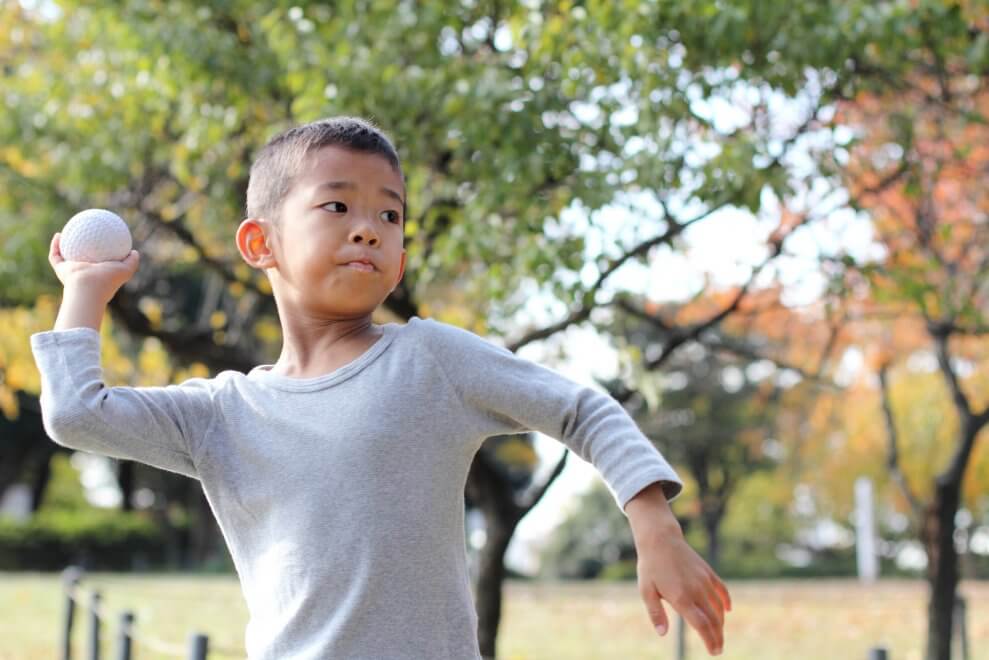Quality child-care is vital for children to develop properly. There are several child-care facilities in most cities, but not all of them may offer what your child needs to grow to their full potential. It is important as a caregiver to be educated on how a child is impacted so an appropriate child-care facility is chosen. In order to have a better idea of what details you might consider, I have provided some insightful information on quality child-care!
One aspect to look for in a child-care program is promotion of positive relationships. This includes children with other children, children with parents, children with teachers, and parents with teachers. This impacts the social and emotional development of young children and creates a safe space for individuality and supports community. Another thing a child-care facility should have is a well-made curriculum. This means having experiences and opportunities for children to grow socially, emotionally, physically, linguistically, and cognitively. Looking at where the program gets its ethics is important in understanding their goals and mission statement as well. Along with the curriculum, teaching approaches must be broad and inclusive to all the children in the program. In order to measure the success of the program, it is important that they have a variety of approaches to see the growth and development of the students. These results should be used to implement any necessary changes to enhance growth. The child-care facility should have experienced and qualified teachers to follow these guidelines and directly impact the children. It also supports the children when teachers and parents have good communication and are aware of what is going on in and outside of the classroom. One of the final things to look for in a quality child-care facility is promotion of health and a good physical environment.
All of these aspects combine to make a child-care facility somewhere for your child to grow and develop. I hope this gives you an important checklist when deciding where to have your child spend most of the day! Children are impacted easily and should be somewhere where they are supported and loved.

